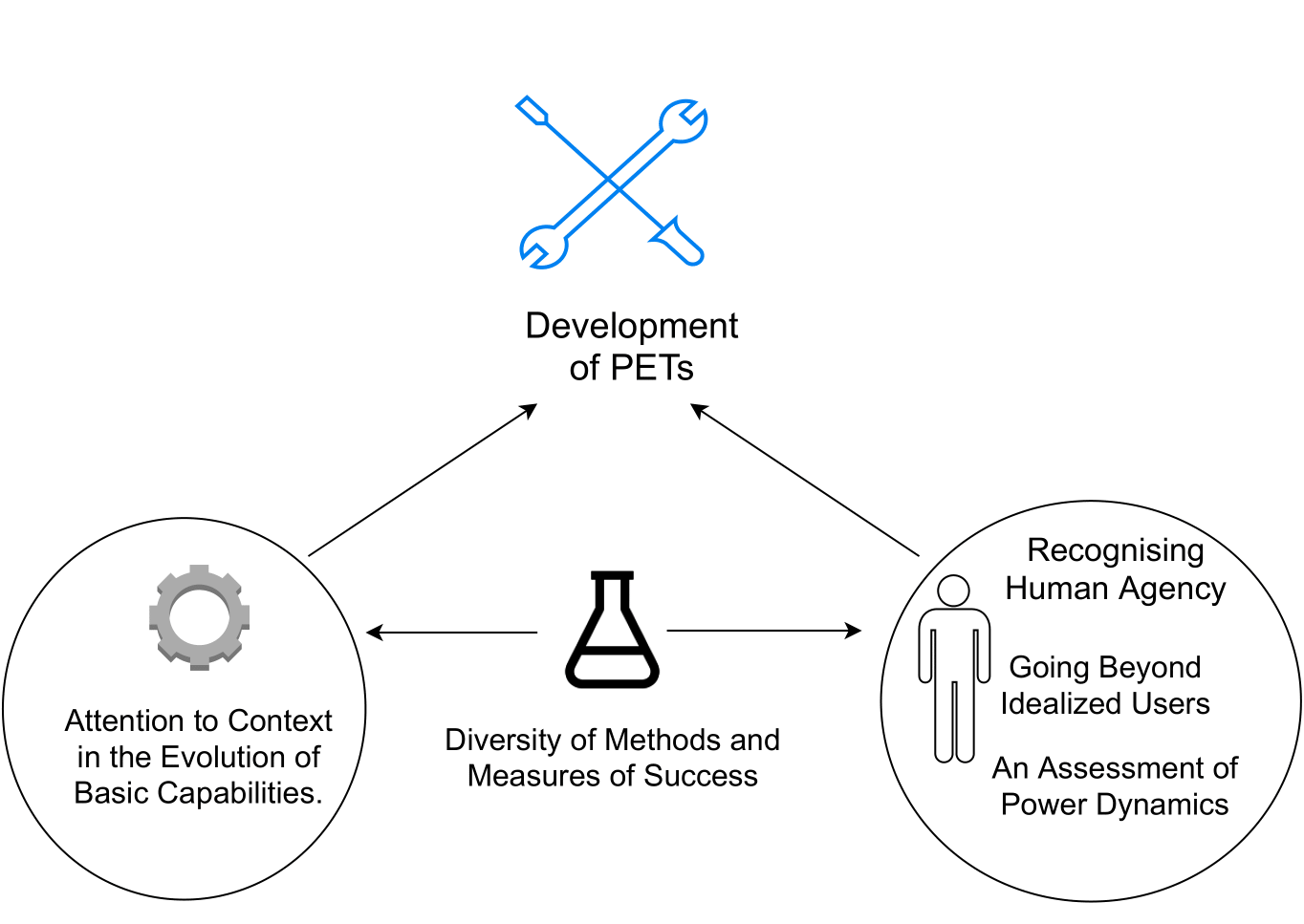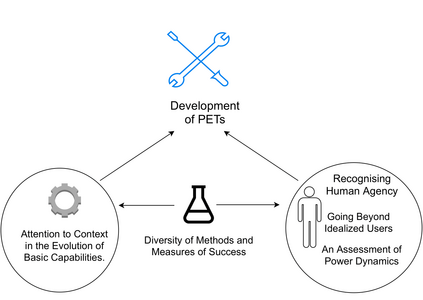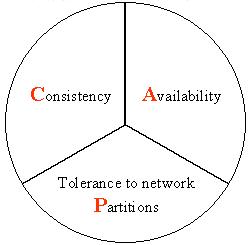\ac{PETs} have increasingly become vital empowering tools in today's highly datafied society. However, their development has been primarily concerned with improving usability and ensuring confidentiality online. Privileging these considerations might unintendedly lead to fixed ideas about users, but diversity of thought, action, ability, and circumstance play a fundamental role in the distortion and acceptance of any \ac{PETs}. In this paper we elaborate some of the manifestations of the distortions, like inadequate and exclusory design, and uneven distribution of costs and benefits. Drawing on Amartya Sen's \emph{capability approach} we propose that a normative evaluation of personal, social, and political diversities can be used as a foundation to conceptualize and develop \ac{PETs}. We outline a research agenda based on this proposition and suggest pertinent empirical and methodological research paths. Our contribution offers an evaluative space to make inter-personal comparisons to inform the development of \ac{PETs}.
翻译:\ac{PETs}在当今高度数据化的社会中,越来越成为至关重要的赋权工具。然而,它们的发展主要涉及改善可用性和确保在线保密性。将这些因素放在首要位置可能会无意中导致固定的用户想法,但思想、行动、能力和环境的多样性在扭曲和接受任何这种观点、行动、能力和环境方面起着根本作用。在本文中,我们详细阐述了扭曲现象的一些表现形式,如设计不足和排他性,以及成本和利益分配不均。根据Amartya Sen's \emph{cability 方法,我们提议可以把对个人、社会和政治多样性的规范性评估作为概念化和发展\ac{PETs}的基础。我们根据这一主张概述了研究议程,并提出了相关的经验和方法研究途径。我们的贡献提供了一个评估空间,为个人之间的比较提供信息。







